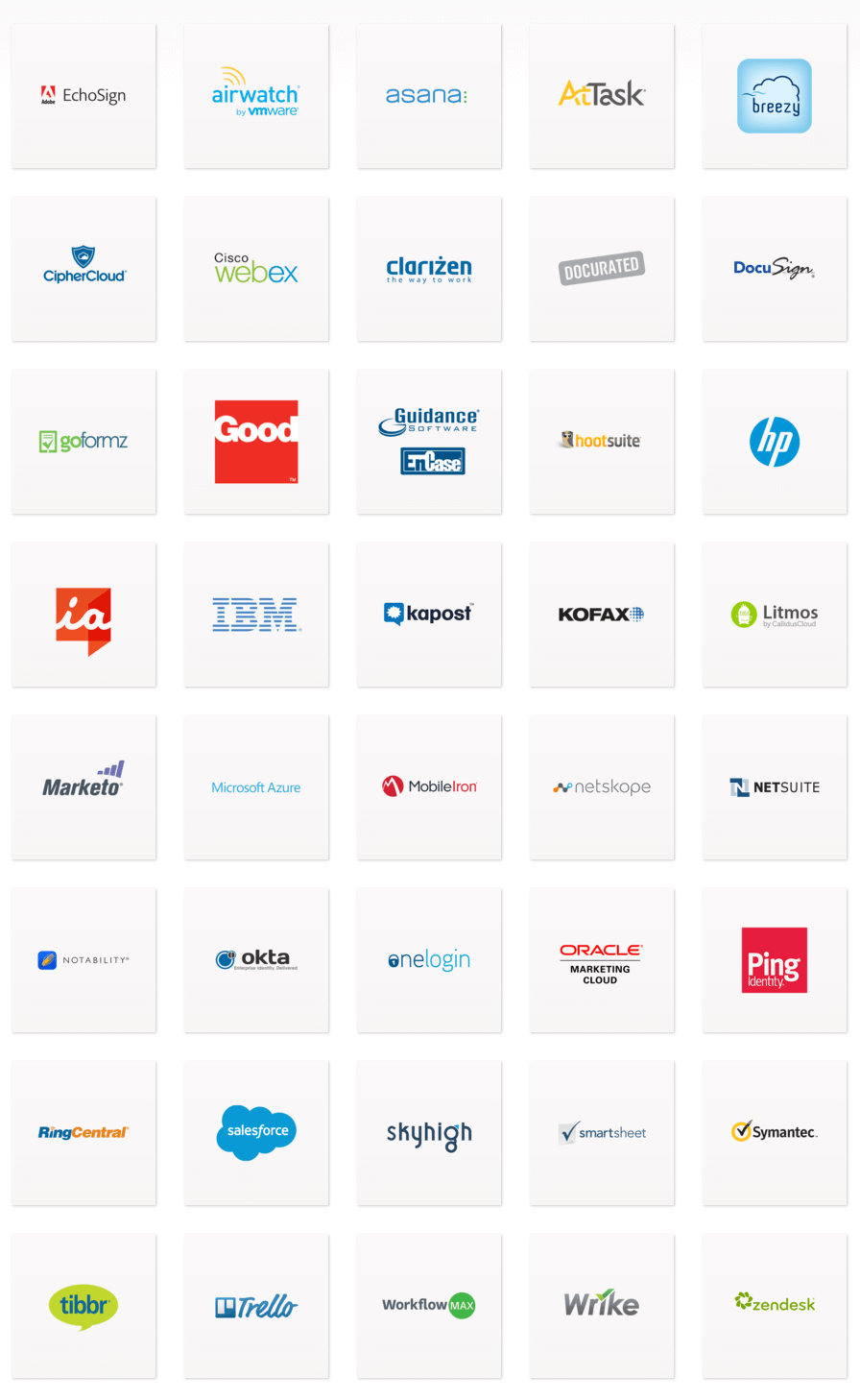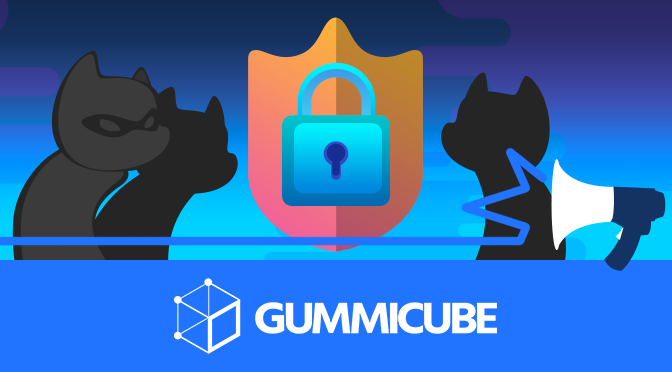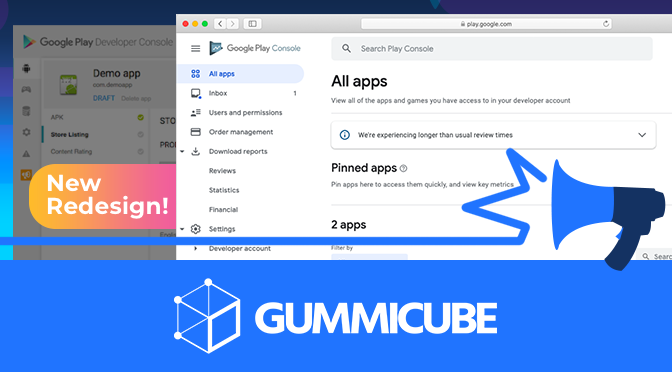
App Store Holiday Schedule 2020
Posted on November 23rd, 2020
When is the App Store Holiday Schedule 2020? Learn about the dates of this year's shutdown and how to prepare.

In Tim Cook’s introduction of the new iPad Pro during Apple’s fall event, and in subsequent interviews - the message was clear - the iPad Pro is to be a business laptop replacement. Apple makes the majority of their revenue from selling hardware. Public partnerships with IBM, Cisco and other enterprise app publishers support the narrative - Apple is aiming to sell more hardware in the enterprise and they are driving demand for their hardware via apps. The implication for mobile app publishers and marketers is the potential for a much larger audience for your apps as Apple leads the charge of the mobile ecosystem replacing the WinTel environment represented by the desktops and laptops used across the enterprise today. Apple and IBM announced their unlikely partnership mid-year 2014. 18 months later IBM is showcasing 100+ iOS apps. SAP has 67 published to the Business > Enterprise category of the app store alone.

The mobile platform wars are essentially over, with Android and iOS claiming a shared victory. This settling even spurred Microsoft into action - as they hadn’t released a dedicated iOS app for Outlook until January of 2015.
The implication for mobile app publishers and marketers is the potential for a much larger mobile ecosystem and audience for your apps...
It is important to note that enterprise mobile apps can be custom-built for internal use, or built by app publishers targeting enterprise business users. This is not unlike the difference (for example) between internal, proprietary CRM software and enterprise cloud software like SalesForce. Red Robin is a good example of a large company (over 500 casual restaurants in the US) that has embraced custom mobile apps for their specific needs - building both a training app and a custom app for managing the waiting list - used in their restaurants with iPads. Opportunities for developing and deploying custom enterprise apps is enormous, but mobile apps built and sold to enterprise clients to solve common business challenges drive hardware sales at scale. Not surprisingly, the leaders in enterprise cloud software - Salesforce, Oracle, SAP, IBM, Cisco - are also the leaders in enterprise mobile apps. Apple has formal partnerships with each of these industry leaders - with Adobe and (gasp) Microsoft publically demoing their apps built specifically for the new iPad Pro during the Apple release event.
Mobile apps from Salesforce can be promoted to almost 4 million sales reps, encouraging ditching the laptop for an iPad Pro - huge. There are also business app publishers that may not be household names likely to have a large impact on Apple mobile hardware sales and the migration to a mobile ecosystem in business.
30m paying users that have all the functionality of the web app on their mobile device. Add in their technology partners and the network effect starts to come into focus. When the limits of mobile devices for business (lack of enterprise apps) disappear - the PC's lack of mobility/portability is too big of a limitation to ignore.

WebEx (Cisco)
Two of the primary drivers of a formal Cisco/Apple partnership have to be the proliferation of BYOD and the obvious mega-use case of mobile video-conferencing. Cisco has around 40 mobile apps for iOS, but their most popular is WebEx - the uber-popular video conferencing and webinar hosting tool.

Why would mobile professionals lug around a laptop and deal with powering ons and offs when an iPad Pro delivers apps like WebEx?
The top free, paid and grossing business apps in the app stores are predominantly productivity apps, consumer-related business apps (job search apps/LinkedIn) and apps targeting small business users. No matter how enterprise app distribution develops, via the app stores or via a centralized volume purchasing program - the investment from the world's largest software companies into mobile apps and specifically iOS apps may be the fuel the mobile ecosystem needs to make serious dent in the enterprise space. Which is good news for all mobile app publishers.

When is the App Store Holiday Schedule 2020? Learn about the dates of this year's shutdown and how to prepare.

Apple's App Store Guidelines have strict privacy requirements. Developers now must provide information to users on the App Store listing regarding the data they access.

The Google Play Developer Console has been updated with a new design and adjusted tools. What's different, and how will it impact App Store Optimization?